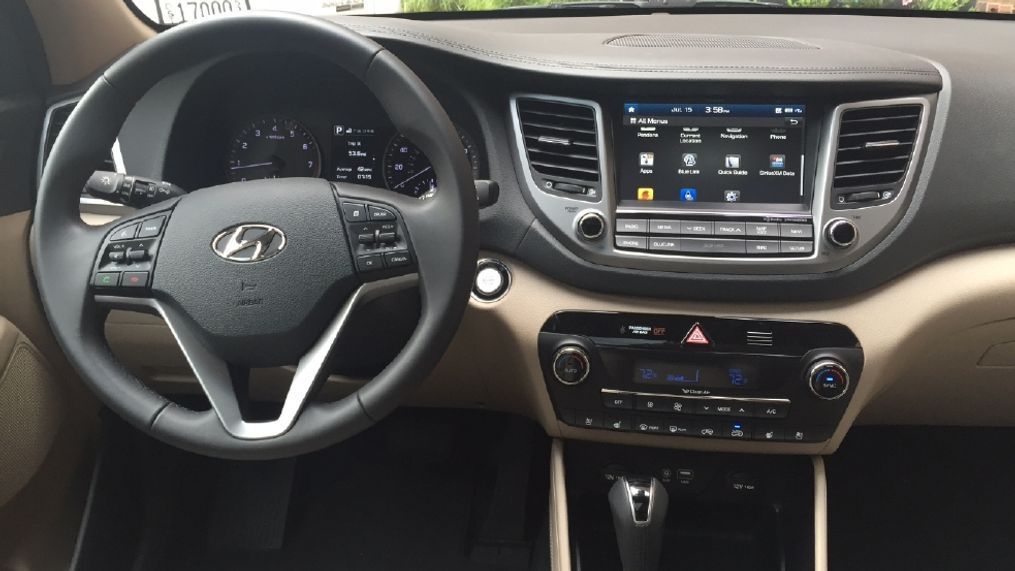J.D. Power finally conducts a study about tech usability

It's no secret: In-car technology has become a massive weak spot for today's automakers. It's caused once-reliable brands to tumble in auto rankings; it's spawned more than a few lawsuits; and it's led us to wonder if most car companies shouldn't leave this technology to the likes of Google and Apple.
But despite those criticisms, few had taken a long, hard look at today's in-car tech to determine which brands do it best--until now. At long last, J.D. Power has conducted an owner survey to assess high-tech features in a wide range of U.S. vehicles, and the results are pretty mixed.
ALSO SEE: 2017 Toyota Prius Prime rated at impressive 133 MPGe
J.D. Power conducted its first-ever Tech Experience Index Study by polling 17,864 owners and lessees of new vehicles between February and August of this year. Surveys were fielded after those folks had been driving their vehicles for 90 days.
As with other J.D. Power surveys, the Tech Experience Index asked consumers to rate their cars' technology on a scale of 0 to 1,000, with 0 equivalent to utter dissatisfaction and 1,000 expressing supreme, toe-tapping happiness. Here are some of the study's biggest takeaways:
Safety tech scores big: Among five classes of technology that Power asked respondents to rate, safety tech earned the highest satisfaction scores, with an average of 754.
Backup cameras and blind spot warning systems are hugely desirable: At least 75 percent of respondents said that they used backup cameras and blind spot warning systems every time they drive, and 96 percent of current users said that they want the technology in their next cars, too.
READ: The 6 most influential green cars in history
Navigation is a fail: Navigation technologies earned an average of 687 points from respondents, making them the lowest-ranked of all five classes.
In-dash tech has a long way to go: Well over one-third of respondents--39 percent, to be exact--weren't even willing to attempt using the technology on their dashboards. Instead, they chose to bring their own tech into the car, usually by way of a smartphone. Navigation was the tech feature most often cited as the one replaced by that outside device.
Dealers have an effect: When dealers took time to train consumers on technology, satisfaction scores rose as much as 54 points on J.D. Power's scale.
Luxury and mass-market satisfaction rates are very similar: Among premium brands, in-car technology averaged a score of 734. Interestingly, the numbers were only slightly lower for mass-market brands, at 730. Large mass-market vehicles had the highest average technology score of 755, while small mass-market vehicles had the lowest, at 706.
Winners: BMW and Hyundai each had two best-in class winners, with the BMW 2 Series (small premium segment), BMW 4 Series (compact premium segment), Hyundai Genesis (midsize premium segment) and Hyundai Tucson (small segment) earning top marks. Other winners included the Chevrolet Camaro (midsize segment), Kia Forte (compact segment) and Nissan Maxima (large segment).
Read more from Internet Brands Automotive:
